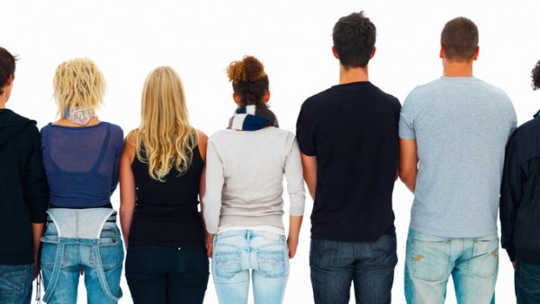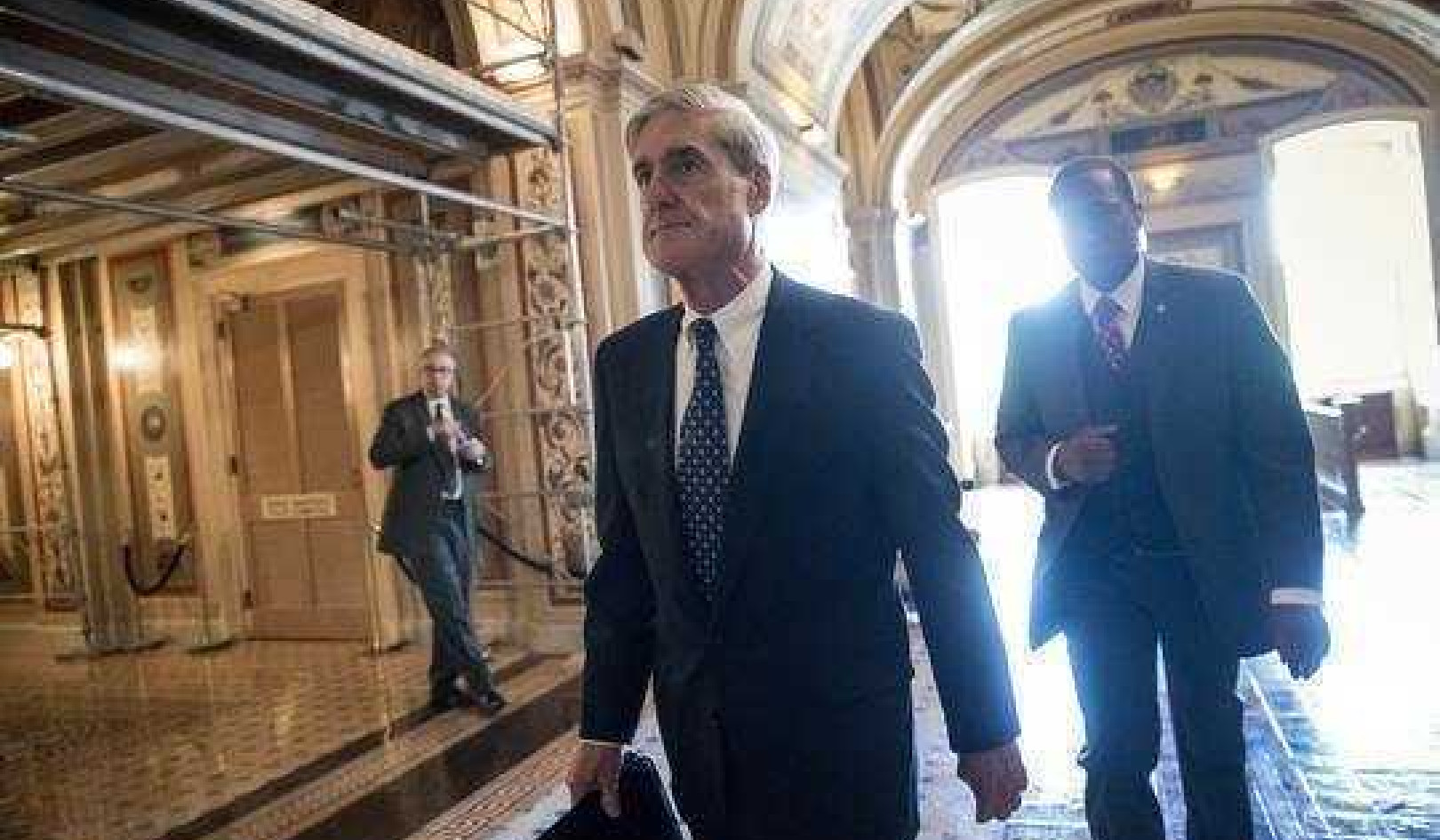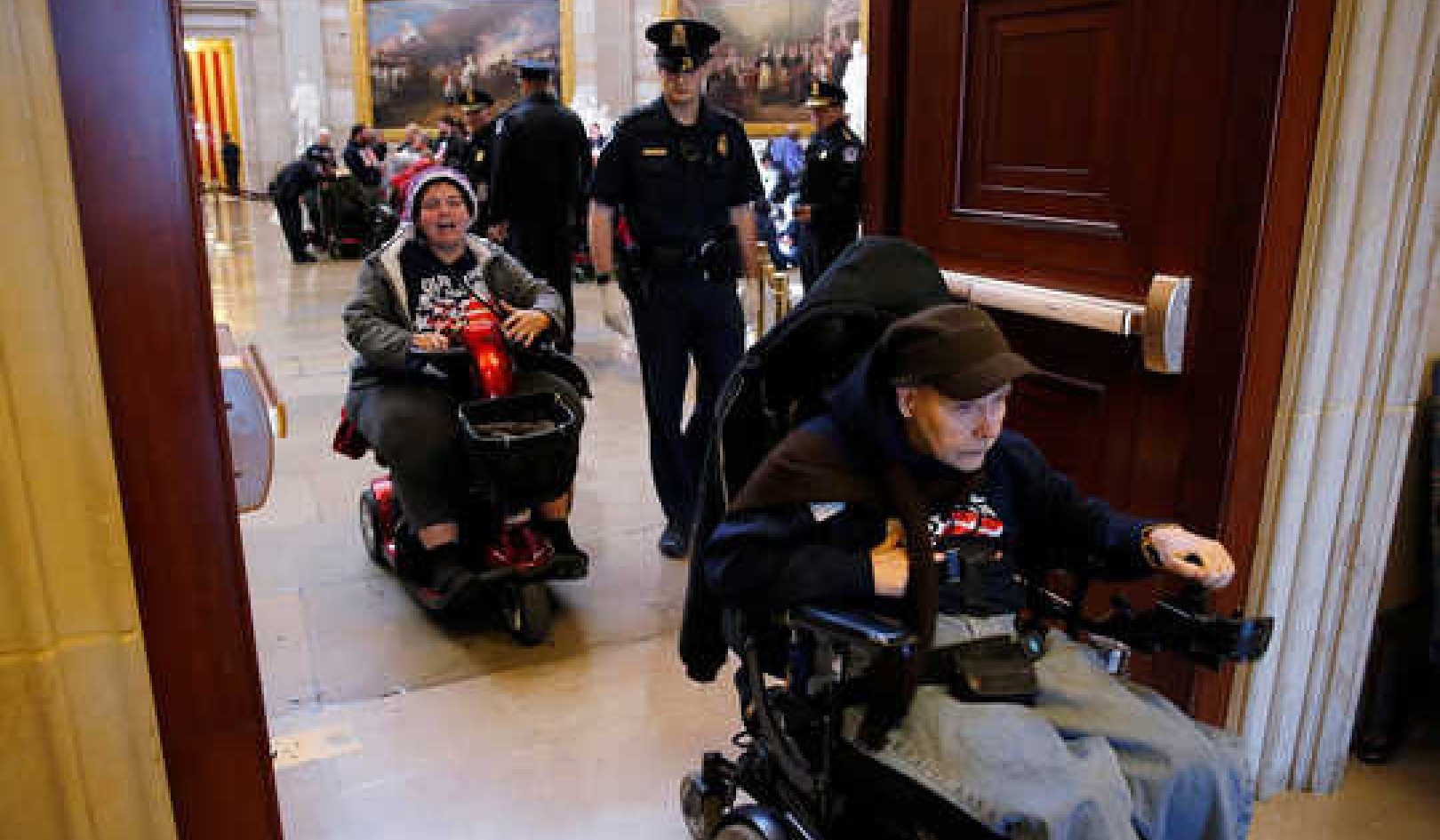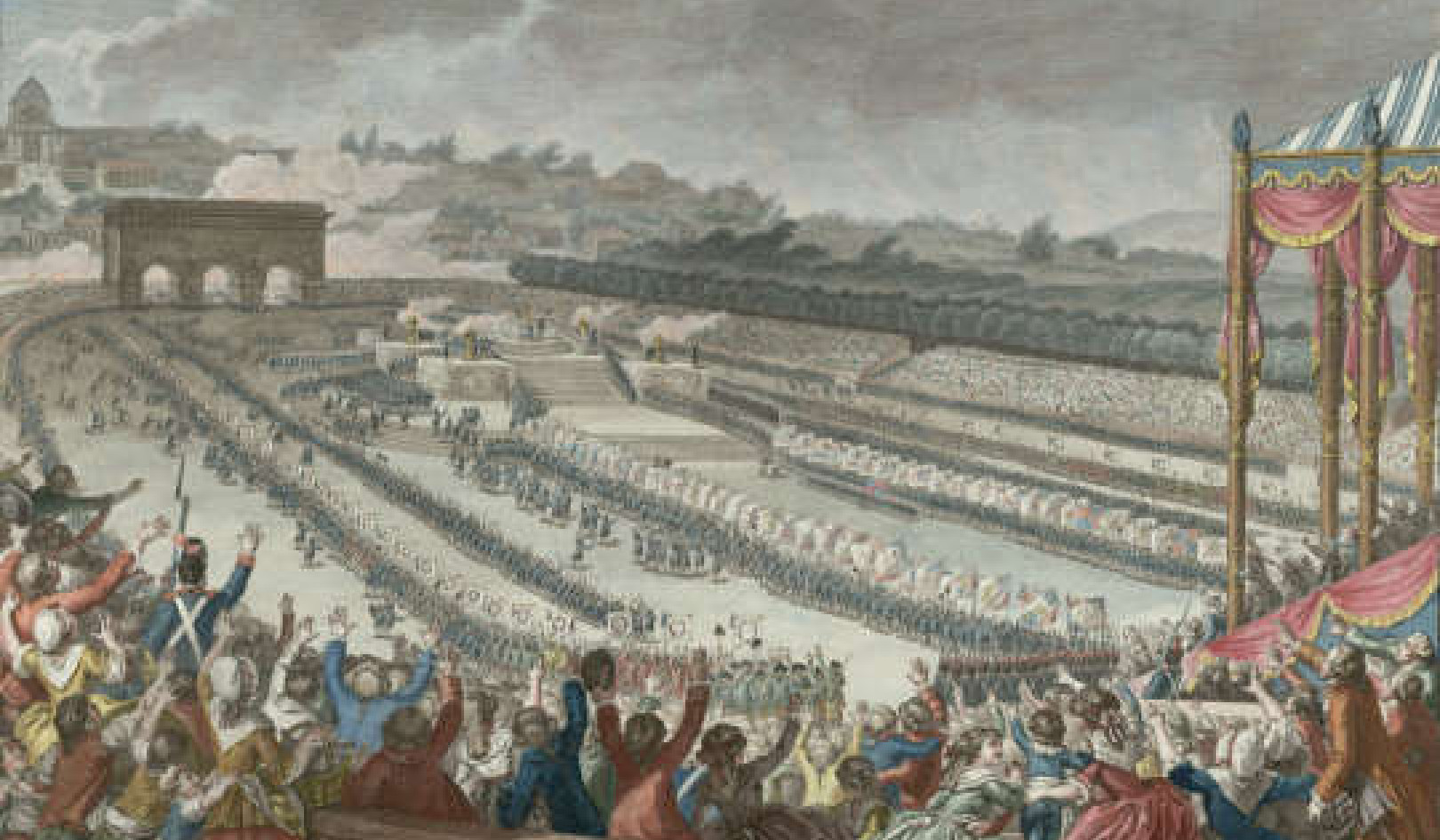
From media and money to political polarization, the 2016 United States presidential election is rewriting the rules of the game, says Nate Persily, a law professor of law at Stanford University.
He says the election raises real questions about whether “democracy is up to the task of dealing with modern problems.” In this interview, Persily explains how the erosion of political norms could have consequences for years to come.
Q - This presidential election is distinctive, in part, because of the two candidates: a political outsider and a woman. What else makes it unique that may not be so obvious?
A - This presidential election campaign is really rewriting the rules of campaign finance. For those people who thought that money was the currency that would predict who was going to be the candidates, I think that Donald Trump and Bernie Sanders have really changed the game.
While the presidential election is unique and isn’t necessarily determinate of all elections, we’re seeing a lot of new things. The fact that someone like Jeb Bush could spend $140 million and basically have nothing to show for it is one example. That Donald Trump could spend almost none of his money but get $2 billion worth of free media attention is an unprecedented phenomenon. Then Bernie Sanders, who was able to launch a competitive campaign with millions upon millions of contributions of about $27 on average, is also showing what’s possible even under the system that allows for large donors to spend a lot of money.
I think what we’re learning is that in the new media environment, money’s important but it’s not the be-all and end-all of politics, and that someone who has large name recognition and a Twitter account can compete with the best of them. The old models of raising money from rich donors and even new types of entities like super PACs are not necessarily going to guarantee a win in an election.
Right now candidates are asking for new rules to be written regarding campaign finance to limit the amount of money that people can give or whether certain institutions like corporations are able to spend money at all. In the future, it’s really not going to be the government that’s regulating campaign finance, because as communication moves off television onto the internet, it’s going to become even more difficult for the federal government to regulate campaign spending.
It’s going to be the new institutions—the new platforms like Twitter, Facebook, Google and the like—that are going to be the main regulators of political communication as their terms of service really become the soft law of campaign finance.
Q - We expect presidential candidates to espouse divergent views, so why does the nature of polarization feel so different this year?
A - I think most would agree that this election campaign is about the most polarized that we’ve ever seen. Now we’re seeing that the polarization really is not so much about ideology as it is about behavior and civility and the breaking of old rules of politics. That right now, there’s pretty much nothing constraining our politics and everything is fair game.
When people talk about polarization, they’re really confusing three different phenomena. The first is the ideological distance between the parties. The Republicans are more cohesively conservative, and Democrats are more cohesively liberal. They’re further apart from each other than they’ve been for a hundred years. That’s the way we’ve been talking about polarization.
The second phenomenon is gridlock. It’s not just that they’re ideologically distant from each other, but that they’re unwilling to compromise. We see that with the debt limit fight. We see that with the refusal to confirm Merrick Garland to the Supreme Court, and many other issues like that.
The third dimension of polarization is really incivility and the erosion of the norms that constrained our politics. While we’ve been focusing on those first two for the last seven years during the Obama administration, it’s really that third dimension of polarization that seems to be coming to the fore in this election—that there really are no rules that are going to be governing and constraining American politics, that you can say whatever you want, there’s nothing that’s off limits.
Q - Is the combination of ideology, gridlock, and incivility threatening to erode Americans’ trust in government and perhaps even in democracy?
A - A lot of people point to the distrust that Americans have in their government, but that really understates the issue. It’s not just that Americans don’t trust their government—they don’t trust institutions in general. Right now, whether it’s the media or the judiciary or the police, or almost any institution of civil society—corporations, unions, the clergy, and the like—Americans have less trust now than they have had historically.
And it’s not just Americans. We’re seeing this loss of trust in institutions around the world—so the rise of fascist parties in continental Europe and elsewhere, the Brexit vote in Great Britain. All of this points to a lack of trust that the average person has in elites and established institutions to run their lives.
All around the world, whether you’re talking about in the established democracies or in authoritarian regimes, they are concerned about modern capitalism and social democracy to achieve the ends that they thought it was supposed to achieve.
I think there’s a real question as to whether democracy is up to the task of dealing with modern problems. It’s not clear whether democracy has changed. The problems have changed, but there’s something about, say, global warming, terrorism, migration, rising inequality, that suggests that today’s democracies are unable really to combat these new problems.
Part of it is that this requires long-term thinking, and democracies are not particularly good at that because they have to respond to voters every few years. It also may have been that these are international problems that no single country can really address on its own, which requires unprecedented levels of coordination. We’ll see in the coming years whether democracies in the larger global community can really bond together in order to deal with these problems, but right now, there aren’t any signs that we’re coming together. If anything, we’re coming apart.
Source: Nancy Murphy for Stanford University
Related Books
at

Thanks for visiting InnerSelf.com, where there are 20,000+ life-altering articles promoting "New Attitudes and New Possibilities." All articles are translated into 30+ languages. Subscribe to InnerSelf Magazine, published weekly, and Marie T Russell's Daily Inspiration. InnerSelf Magazine has been published since 1985.

Thanks for visiting InnerSelf.com, where there are 20,000+ life-altering articles promoting "New Attitudes and New Possibilities." All articles are translated into 30+ languages. Subscribe to InnerSelf Magazine, published weekly, and Marie T Russell's Daily Inspiration. InnerSelf Magazine has been published since 1985.























